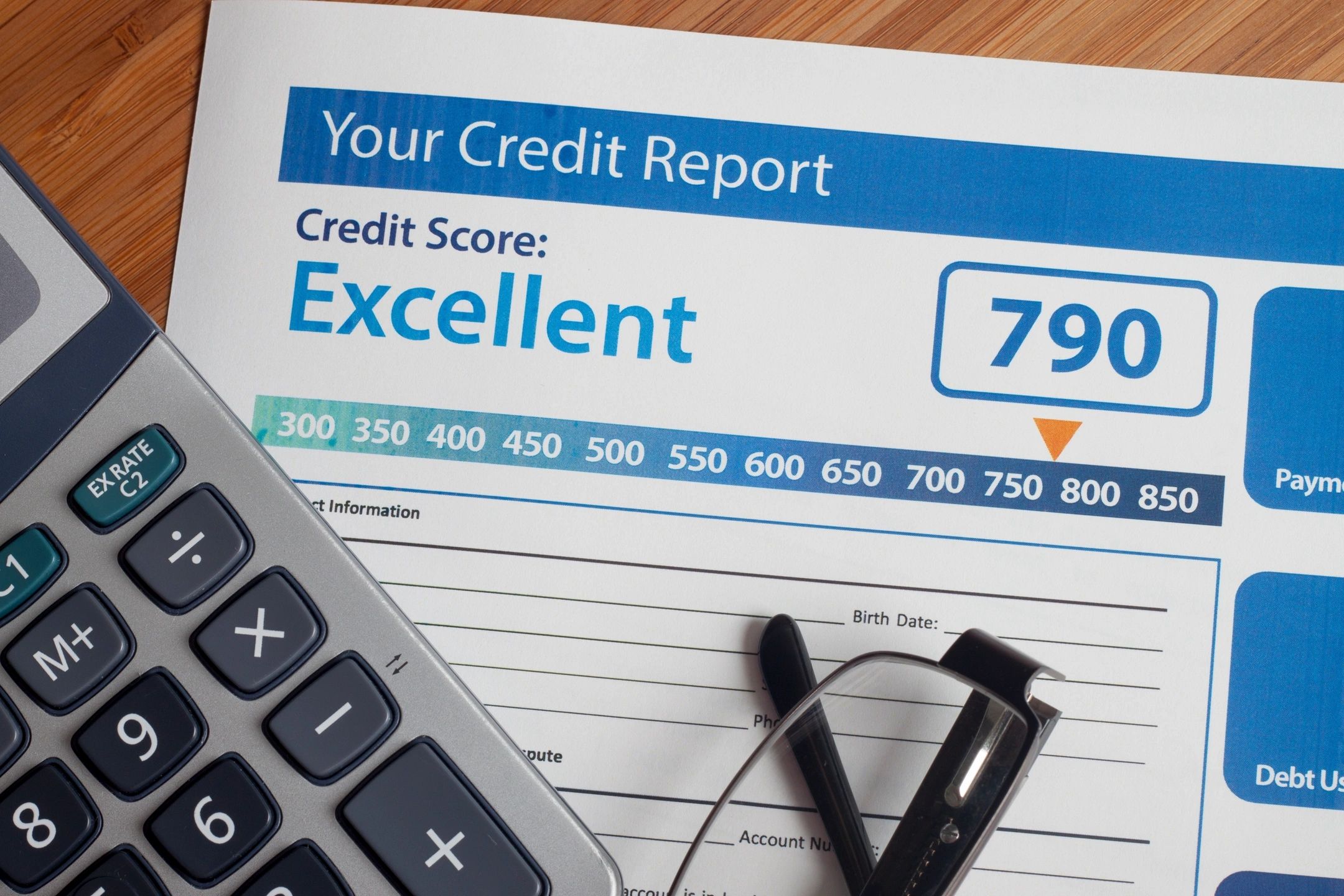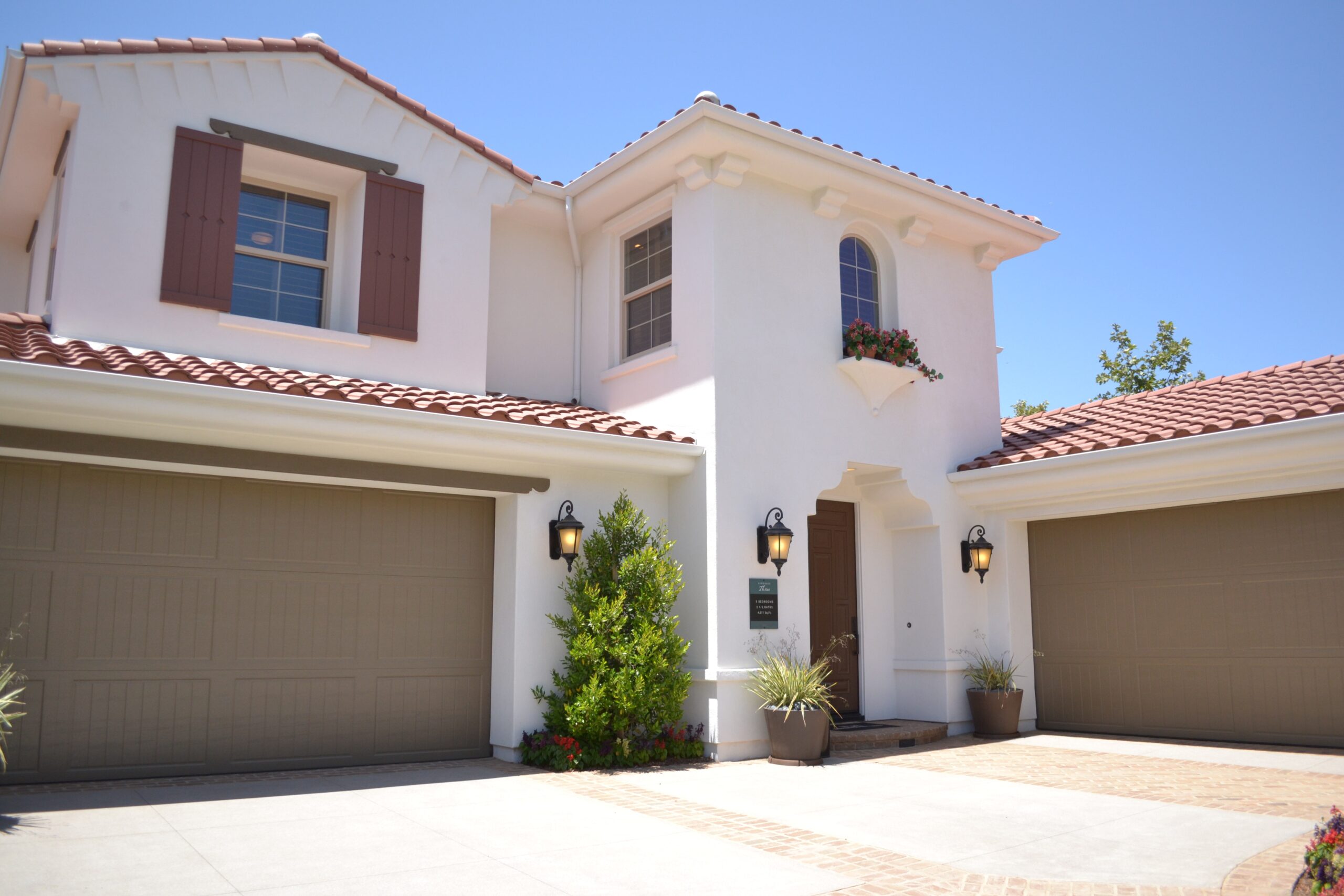From consolidating debt to lower payments and get your monthly cash flow back to a manageable level, to paying for college, a home renovation, or even buying an investment property, borrowing against your home’s equity at today’s historically low interest rates can make a real difference in your life.
There are many variables when it comes to home loans, and it’s not as straightforward as saying you can borrow $25,000 or $50,000 in equity. The amount of equity you can borrow in a cash out refinance depends on several factors:
-
Your Home’s Current Market Value
-
Loan Amount
-
Primary Residence or Investment Property
-
Single Family Residence or Multi-Unit
-
Credit Score
-
Monthly Income and Other Monthly Debt Obligations or Expenses
Your home’s current market value will be one of the most important factors in determining how much you will be able to borrow in a cash out refinance. Depending on property type and occupancy, loan guidelines allow for a certain percentage of the current market value to be borrowed.
Conventional loans – Up to 80% of property value
Jumbo loans – Up to 89.99% of property value
VA loans – Up to 100% of property value
If your house is worth $1,000,000, and you borrow $899,900 (including the funds to pay off your old mortgage and your cash out), you will be borrowing 89.99% of the home’s current market value. The market value used for loan purposes is always determined by a professional appraisal. (*Exception if you qualify for an appraisal waiver. Contact us for more details.)
Even though you can borrow up to 96.5% (or even 100% in the case of a VA loan) to purchase a home, the allowable percentage is lower with a cash out refinance.
The lower the percentage, also call the “loan-to-value ratio” or “LTV”, the better your interest rate will be. Generally anything 60% LTV or lower will qualify for the best interest rate.
Loan Amount
The loan amount is important because it will determine which loan programs are available. Conforming loan limits will follow standard conventional guidelines, while larger balances, or jumbo loan amounts, have their own guidelines.
Primary Residence Occupied by the Owners or an Investment Property
An owner occupied property can be borrowed against up to 80% (or even 100% of the value for VA loans), while the limit on an investment property is typically 75% of the market value. These limits and guidelines do change from time to time, especially as markets improve and property values rise. HELOCs and fixed 2nd loans may provide an opportunity to borrow above 80% for well qualified applicants.
Single Family Residence or Multi-unit
This is similar to the previous point. A single family residence can be leveraged more than a multi-unit or small apartment building (2-4 units).
Credit Score
While loans within the conforming limits will allow for credit scores as low as 620, cash out loans on higher balance loans may require credit scores as high as 720. Required minimum scores will be directly related to the loan amount, type of property, and occupancy of the property. These are very general guidelines; please contact us with more details so we can determine exactly which programs you can qualify for.
Monthly Income and Other Monthly Debt Obligations or Expenses
Your monthly income compared to your proposed monthly debt obligations will be used to determine how much of a payment you can afford each month. Your proposed monthly debt obligations will take into account your new mortgage payment, along with any other debts that are to remain as is. Debts you are paying off through the loan may be excluded from your monthly debt calculation.
Lenders evaluate your application based how your finances will look after the cash out refinance.





